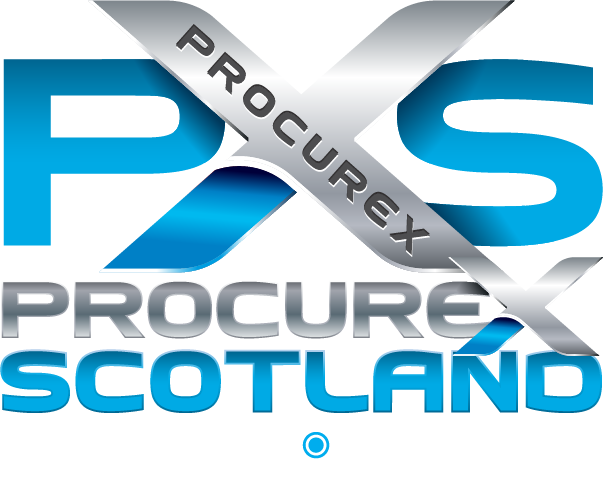Procurement today barely resembles what it was even a decade ago. It’s no longer just about buying goods and cutting costs. Now, you’re expected to predict supply chain risks, manage global suppliers, juggle ESG goals, and still hit savings targets. And you’d better know your way around digital tools and supply market intelligence for procurement professionals while you’re at it.
If you’re already a certified supply chain professional or working your way up, the game is changing fast. From smart sourcing to sharper procurement processes, this is your guide to staying relevant (and ahead) in 2025.
How Has Procurement Evolved?
Procurement used to be pretty straightforward: get quotes, pick the cheapest vendor, and move on. But things have changed—big time. Today, it’s a whole different ball game, shaped by tech, global complexities, and an overload of compliance requirements.
First off, technology has completely flipped the script. From AI-driven spend analysis to real-time dashboards, digital tools are now baked into daily procurement processes.
If you’re not using technology to streamline contract management or enhance supplier visibility, you’re falling behind. Automation is taking over the work so professionals can focus on strategy, not spreadsheets.
Then there’s globalisation. Sourcing from overseas has opened doors to more options and better pricing, but it’s also brought new risks. Political shifts, shipping delays and economic instability are just part of the daily juggling act in modern supply chain management. That’s why strategic procurement—not just tactical buying—is now front and centre.
And let’s not forget regulatory changes. With stricter policies around ethics, sustainability, and data handling, procurement professionals can’t afford to wing it. Whether you’re a certified public procurement officer or just stepping into the role, understanding compliance and risk is no longer a “nice to know”—it’s a must.
In short, procurement has evolved from a back-office function into a core business driver. The only way forward? Stay sharp, stay informed, and adapt fast.
Top Skills Procurement Professionals Need To Stay Relevant
You can’t survive 2025’s procurement landscape with yesterday’s skills. The role has moved way beyond raising POs and chasing vendors. Today, people who are a professional at procurement are expected to think like strategists, talk like analysts, and act like business partners.
If you want to stay relevant, it’s time to level up. We’re talking about smarter supply management, sharper procurement strategies, and the kind of risk management that keeps surprises out. The pressure’s real—your work now impacts everything from cost control to overall business operations. So, what exactly should be in your skills? Let’s break it down.
Sustainability & ESG
If you’re still treating sustainability like a checkbox at the end of your procurement form, you’re not just behind—you’re at risk. ESG isn’t just for the CSR team anymore. It’s showing up in board meetings, supplier audits, and even investor calls. And guess who’s right in the middle of it all? You.
Procurement teams are now expected to know how a supplier makes things, not just what they make. Are they slashing emissions? Are they treating their workers fairly?
Following local laws? If you can’t answer that, your supply chain might be a PR disaster waiting to happen.
But here’s the kicker—it’s not just about risk. Smart ESG practices lead to real wins: tighter supplier relationships, long-term cost savings, and a supply chain that doesn’t collapse the second regulation changes.
If you’re shaping procurement strategies in 2025, ESG isn’t “extra.” It’s baked into how modern business operations run. Own it, or fall behind.
Digital Procurement & AI
If your tech stack still runs on spreadsheets and email chains, we need to talk. Digital procurement is no longer some futuristic concept—it’s now, and it’s changing everything from sourcing to approvals and supplier performance tracking. Whether you’re new to the role or a certified professional in the field, the tools you’re using (or not using) are either speeding you up—or holding you back.
AI and automation are here to kill the busy work. Manual POs? Gone. Endless vendor follow-ups? Automated.
With smart platforms doing the work, your real job becomes strategy, insights, and process improvement. And that’s where the value is.
But here’s the deal: tools don’t replace talent—they amplify it. So, if you’re serious about professional development, it’s time to get fluent in procurement technology. Learn the platforms, understand the data, and start using insights to drive smarter decisions—not just faster ones.
Strategic Sourcing And Supplier Partnerships
If you’re still sourcing like it’s 2010—send Request for Quote (RFQ), pick the lowest bid, sign, and forget—it’s time to evolve. Strategic sourcing isn’t about squeezing vendors for margin anymore. It’s about building real partnerships that unlock value over time. Think long-term wins, not short-term savings.
Procurement teams now sit at the heart of innovation and risk reduction. That means working with suppliers like actual collaborators—not just transactional vendors.
Want better pricing, faster turnaround, or more flexibility when the market flips? It starts with trust and alignment, not just T&Cs.
More professionals are catching on, too. Just look at the surge in procurement certificate programs from organisations like the Chartered Institute of Procurement & Supply (CIPS).
Why? Because the old way of doing things doesn’t cut it anymore. Today, strategic procurement is a skill set—and it’s opening up serious career opportunities for those who know how to build supplier relationships that actually drive results.
The Rise Of Soft Skills & Its Importance
Procurement has shifted. You’re not just working with suppliers—you’re dealing with finance teams, operations and legal. You’re managing expectations, solving problems, and making calls. That’s where soft skills come in—and they’ll make or break your impact.
Stakeholder Management
You’ll need to keep different teams aligned—and still get decisions made. That means knowing when to push, when to listen, and how to keep things moving.
Negotiation that Works Long-Term
Forget squeezing for discounts. Think about building trust, balancing give-and-take, and creating deals people actually want to stick with.
Explaining the Why, Not Just the What
You’ve got the data—but can you make your point in 30 seconds to someone who doesn’t live in procurement? That’s the real test.
Staying Flexible When Plans Break
Suppliers drop out. Timelines shift. Priorities change. You’ve got to adjust without waiting for someone to tell you how.
Collaborating Across Functions
You’re not efficient when working alone. Working smoothly with other departments is what gets things done—not digging in and waiting for approvals.
The Bottom Line
If there’s one thing that’s clear about procurement in 2025, it’s this—standing still isn’t an option. From mastering supply market intelligence and digital tools to building supplier relationships and levelling up soft skills, the expectations have changed. For procurement professionals, it’s time to move beyond the basics and start thinking like strategic operators.
And for organisations? It’s on you to back your teams—whether that’s funding certifications, supporting ongoing learning, or giving space for hands-on problem-solving.
Upskilling isn’t just good for career growth—it’s a competitive advantage for the whole business. The future of procurement is already here. The only question is: are you ready for it?

